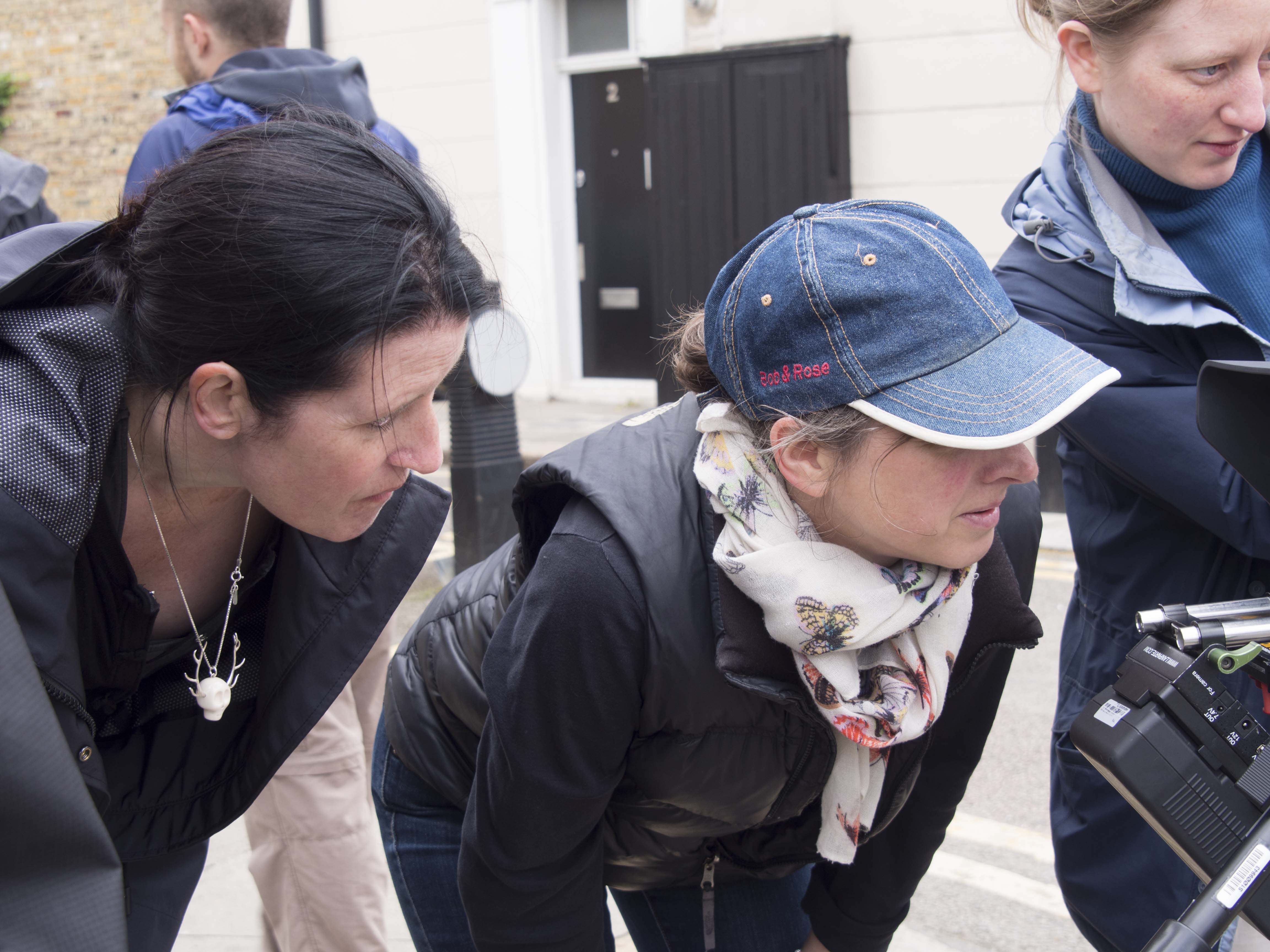When the London Film Festival industry office recently sent me a reminder to renew my delegate pass for this year’s event I’ll admit I considered giving it a miss – I’m pretty busy dealing with all things RACHEL related. But then I thought back to this time last year, when I’d have laughed had someone told me that I would have directed my first film by now.
On 8th October 2015, I attended the London Film Festival’s Geena Davis Institute on Gender in Media Global Symposium. Unwieldy title but great event, with panel discussions between some seriously accomplished women and the screen icon herself giving a witty and erudite speech, all confirming what I already knew from observation and experience – women are hugely underrepresented and misrepresented both sides of the camera, and that is exacerbated by how we depict both girls and women in children’s film and TV.
There were some comments from the predominantly female audience that it was all too much preaching to the converted and that it might have been a more useful exercise to require the male delegates to attend the event. And I’d concur with that, but for the fact that this was where I met Tania Freimuth, the brilliant woman I now call (in my most luvvie and directorial of voices) “my” cinematographer.
I had walked into, then backed swiftly out of, several networking events at the festival where I couldn’t see another woman at all, so it was invaluable to have an event that filled NFT1 with talented women, despite the fact that less than 15% of key roles in the film industry are occupied by women. The only other such opportunities have come though joining Women in Film and TV.
In light of the above, to choose RACHEL, of all my scripts, was perhaps counterintuitive – the irony that it certainly wouldn’t pass the Geena Davis Reel Truth test in terms of screen and dialogue time for my female characters, is not lost on me. However, he who speaks loudest and most is not always the most powerful person in the room and I like the fact that, even in death, Rachel is stronger than the men around her.

That was the story I wanted to tell when I wrote it. Had I turned the script over to a male director, or perhaps any other director, I am almost positive that it would have been a very different film, wherein Rachel’s father and boyfriend would have done a lot more shouting and literally had each other by the throat.
And so, in order to tell the tale the way I wanted to, and because the figures brought forth at the Geena Davis event were so damning, I made it my priority to bring as many women on board as possible. It’s not about hating men – 50 % of the overall team were men, and very welcome too – but in an industry where women are not given 50% of the opportunities, I wanted to make sure I didn’t fall into the trap of perpetuating the norm.
And, now that I am setting about submitting the finished film to festivals, I am discovering just how bad things truly are. There are notable exceptions such as the Vancouver International Women in Film Festival but, more often than not, a film that wants to meet the criteria for festivals purporting to specifically celebrate women in film, is one that can have an entirely male production team and cast, as long as it has ONE central female character on screen or an entirely male cast and crew, with just ONE woman in a key production role. This is not the fault of the festivals – it’s to their credit that they are trying to highlight women’s achievements but clearly it’s an issue when the presence of just one woman is an achievement and there is so little faith that there are enough projects out there, with a higher proportion of women involved, to fill a festival celebrating women in film.
 On October 9th – almost exactly a year to the day since I sat down next to Tania Freimuth to hear Geena Davis’s inspirational words – the cast and crew for RACHEL will assemble to watch the finished film together and celebrate. Of those gathered there, the writer, director, cinematographer, editor, producer, 2 executive producers, 2 actors, assistant director, camera operator, VFX artist, makeup and hair designer, stills photographer, 3 extras, 2 associate producers and the Kickstarter video editor will be all be female, and the film is not 50% worse for it, it’s 100% better.
On October 9th – almost exactly a year to the day since I sat down next to Tania Freimuth to hear Geena Davis’s inspirational words – the cast and crew for RACHEL will assemble to watch the finished film together and celebrate. Of those gathered there, the writer, director, cinematographer, editor, producer, 2 executive producers, 2 actors, assistant director, camera operator, VFX artist, makeup and hair designer, stills photographer, 3 extras, 2 associate producers and the Kickstarter video editor will be all be female, and the film is not 50% worse for it, it’s 100% better.
